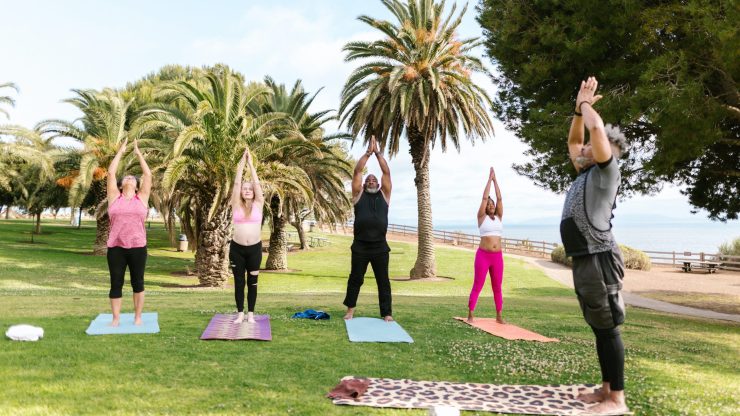
Stay Healthy, Stay Safe: Flu Prevention for Seniors
Key Takeaways
- Seniors are at higher risk for flu-related complications.
- Annual flu vaccines are the best line of defense.
- Good hygiene and avoiding sick contacts help reduce exposure.
- Early treatment can lessen severity if symptoms appear.
- LifeWorx caregivers support prevention with safe routines and monitoring.
As flu season approaches, it’s important for seniors to take extra precautions to stay safe and healthy. Influenza, also known as the flu, is a contagious respiratory disease caused by different strains of viruses. Common flu symptoms include sudden the onset of fever or chills, persistent cough or sore throat, body aches and fatigue, headaches, and runny or stuffy nose.
The flu can be particularly severe for older adults due to the natural weakening of the immune system with age and potential for amplifying underlying health conditions. People over the age of 65 are considered high risk for flu-related complications. By taking a few precautions, seniors can protect themselves and enjoy the season without fear of getting sick. Below are several flu prevention tips:
Get the flu shot
The flu vaccine is your first line of defense to reduce the risk of seasonal flu and its potentially serious complications. The vaccine is updated annually to reflect circulating strains, reducing your chances of getting the flu or becoming severely ill. The Centers for Disease Control and Prevention (CDC) strongly recommend individuals over the age of 65 receive the flu vaccine.
Practice healthy habits
A strong immune system is your biggest ally against the flu. Get plenty of sleep, remain physically active, stay hydrated, and eat foods rich in vitamins C and D, zinc, and antioxidants. Maintaining a balanced diet with fruits, vegetables, and lean proteins will help the immune system fight off infections.
Hand washing
This is a simple but effective method to prevent the spread of the flu. Throughout the day, wash your hands regularly and thoroughly with regular soap and water for at least 20 seconds. If soap and water are not available, use an alcohol-based hand sanitizer containing at least 60% alcohol.
Stock up on essentials
To minimize exposure during flu season, it’s important to be ready before the season starts. Make sure you’re well stocked on supplies like a fever reducer, ibuprofen for muscle aches, cough syrup, a thermometer, tissues, hand soap and sanitizer.
Flu season may pose challenges, but with the right precautions, seniors can stay strong and healthy. By getting vaccinated, practicing healthy habits, and keeping the immune system in good shape, seniors can significantly reduce their risk of illness. If flu symptoms do arise, getting medical intervention is critical to avoid complications. Work with your healthcare provider to ensure you are fully prepared for flu season.
















